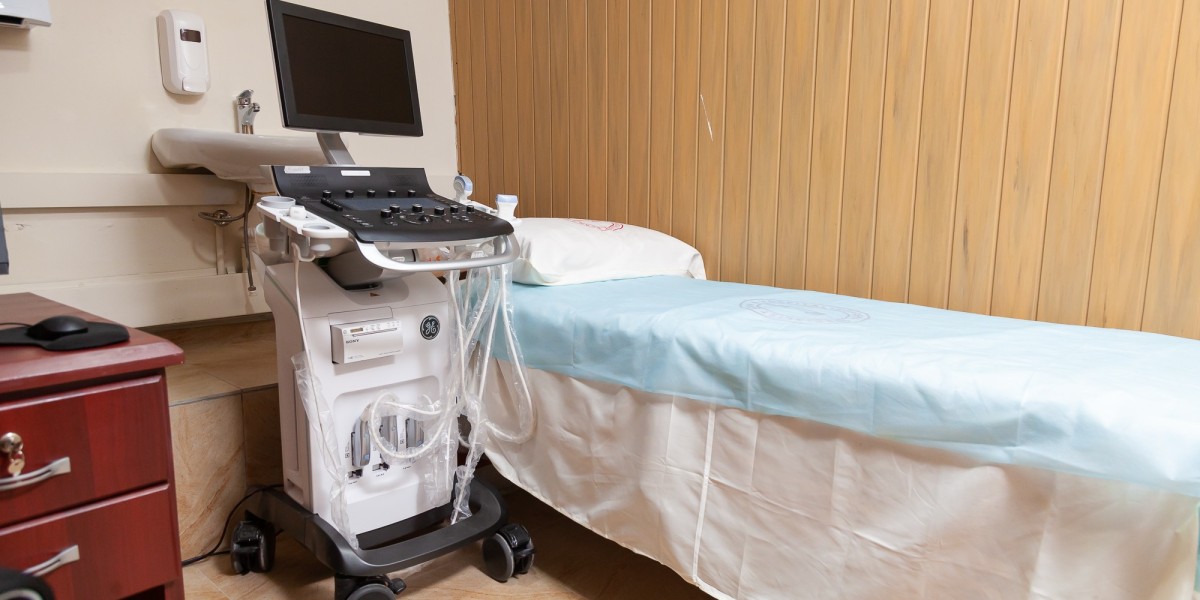Knee pain can significantly impact your daily life, making even simple activities challenging. If you're wondering whether knee replacement is the right solution for you, this guide will provide all the answers. This beginner-friendly guide will explain everything about knee replacement, including its benefits, risks, and whether it’s the right choice for you. Additionally, if you are considering knee replacement in Nagpur, we’ll explore why it’s a great option.
What is Knee Replacement?
Knee replacement, also known as knee arthroplasty, is a surgical procedure that replaces a damaged knee joint with an artificial implant. This procedure is designed to relieve pain and restore function in individuals suffering from severe knee joint issues.
Types of Knee Replacement
There are two main types of knee replacement procedures:
Total Knee Replacement (TKR): The entire knee joint is replaced with an artificial implant.
Partial Knee Replacement (PKR): Only the damaged part of the knee is replaced, preserving the healthy areas of the joint.
How Does It Work?
During the procedure, the damaged cartilage and bone are removed and replaced with a metal or plastic implant. This allows the knee to move smoothly, reducing pain and increasing mobility.
Common Conditions Leading to Knee Replacement
Not everyone with knee pain requires surgery. However, knee replacement is highly beneficial for individuals suffering from:
Osteoarthritis: The most common reason for knee replacement, where the cartilage wears down over time.
Rheumatoid Arthritis: An autoimmune disorder that causes chronic inflammation in the joints.
Post-Traumatic Arthritis: Occurs after a severe knee injury, leading to cartilage damage and pain.
Symptoms Indicating You May Need Surgery
You might be a candidate for knee replacement if you experience:
Severe knee pain that limits daily activities such as walking or climbing stairs.
Stiffness and swelling that does not improve with medication or physical therapy.
Decreased mobility and difficulty in bending or straightening your knee.
Pain even while resting or sleeping.
When to Consult a Doctor
If knee pain is affecting your quality of life and conservative treatments like pain relievers, injections, and physical therapy no longer help, it’s time to consult an orthopedic specialist.
Pain Relief and Improved Movement
The biggest advantage of knee replacement is significant pain relief. The surgery eliminates the damaged cartilage and replaces it with a smooth-moving implant, making it easier to walk, bend, and perform daily tasks.
Long-Term Durability
Modern knee implants last 15–20 years or more, making the procedure a long-term solution for chronic knee pain.
Enhanced Quality of Life and Independence
After a successful knee replacement, patients can resume activities they once avoided due to pain, such as walking, light exercises, and traveling. It helps restore independence and improves mental well-being.
Potential Complications
Like any surgery, knee replacement carries some risks, including:
Infection: A rare but serious complication.
Blood Clots: Preventable with medications and movement exercises.
Implant Failure: In rare cases, the implant may wear out prematurely.
Stiffness: Can be managed with post-surgery physical therapy.
Recovery Time and Post-Surgery Care
Recovery varies from person to person, but most patients can:
Start walking with assistance within a few days.
Resume light activities within 6 weeks.
Experience full recovery in 3 to 6 months.
Factors Influencing Surgery Success
A successful knee replacement depends on factors like:
Choosing an experienced orthopedic surgeon.
Following post-operative care and rehabilitation guidelines.
Maintaining a healthy weight to reduce stress on the new knee.
Pre-Surgery Preparation
Before surgery, your doctor will:
Conduct medical tests such as X-rays and blood work.
Advise on pre-surgery lifestyle changes, such as weight management.
Educate you about post-surgery rehabilitation.
The Surgery Process
Step 1: The patient receives anesthesia.
Step 2: The surgeon removes damaged cartilage and bone.
Step 3: The artificial knee implant is placed.
Step 4: The incision is closed, and the recovery process begins.
Post-Surgery Care and Hospital Stay
Patients stay in the hospital for 1 to 3 days.
Physical therapy begins immediately to aid mobility.
Pain management is provided through medications and ice therapy.
Timeline for Recovery
Week 1-2: Light exercises, walking with a walker.
Week 3-6: Increased mobility, reduced pain.
After 3 Months: Significant improvement, return to normal activities.
Importance of Physical Therapy
Rehabilitation exercises help regain knee strength and flexibility. A structured physiotherapy plan ensures faster and smoother recovery.
Tips for a Faster Recovery
Follow your doctor’s instructions strictly.
Stay active but avoid high-impact activities.
Eat a healthy diet to promote healing.
Use support tools like crutches or knee braces if needed.
Best Hospitals for Knee Replacement in Nagpur
Nagpur has emerged as a top destination for knee replacement due to its:
World-class orthopedic hospitals with advanced technology.
Expert surgeons specializing in minimally invasive knee surgery.
Affordable treatment costs compared to metro cities.
Cost Comparison: Nagpur vs. Other Cities
Knee replacement in Nagpur is 30-50% more affordable than in metro cities like Mumbai or Delhi, without compromising quality.
Many hospitals offer comprehensive surgery packages, including consultation, surgery, and post-operative care.
Availability of Advanced Robotic Knee Replacement
Nagpur hospitals provide robotic-assisted knee replacement, which:
Enhances precision and minimizes errors.
Ensures quicker recovery.
Reduces post-operative pain.
Alternatives to Knee Replacement
Before opting for surgery, consider:
Physical therapy and weight management.
Pain-relief injections or medications.
Lifestyle modifications such as low-impact exercises.
Consulting an Orthopedic Specialist
If knee pain continues to interfere with daily life, consult an expert in knee replacement in Nagpur. They will assess your condition and suggest the best treatment options.
Questions to Ask Your Doctor
What type of knee replacement is best for me?
What are the risks involved?
How long will recovery take?
What lifestyle changes should I make after surgery?
Knee replacement surgery can be a life-changing decision, providing long-term relief from pain and restoring mobility. If knee pain is affecting your daily life, consult a specialist to explore your options. Knee replacement in Nagpur offers top-quality care at affordable rates, making it a great choice for those considering this surgery. With the right medical care and rehabilitation, you can enjoy a pain-free, active life.









